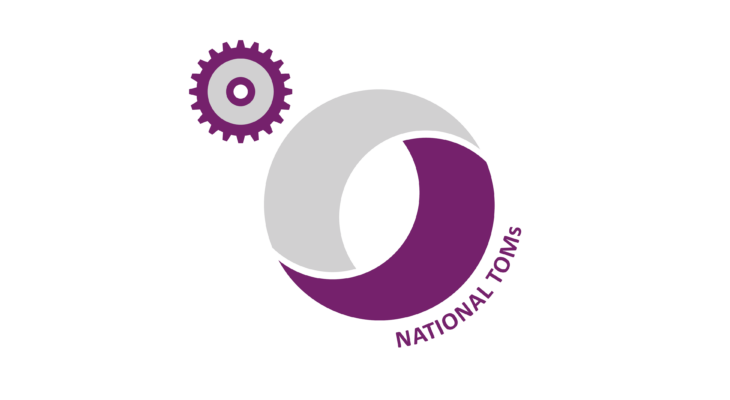I’ve just attended a fascinating international webinar hosted by the Shared Value Initiative, with a no holds barred discussion around the role of Business in creating an equitable and just society.
Speaker Prof Rebecca Henderson[1] suggested that corporations have “hijacked democracy”, with many commercial organisations now influencing the political process. The question was posed; as many business leaders have stepped into the public policy realm, is there now an opportunity to use this influence to address inequity in society?
Where business leaders have previously taken the functioning of civil society for granted, should we now be active members by using our economic leverage to create positive societal change?
If business leaders have the position to demand public policy change, it is employees and customers who create change within an organisation – it is the CEO’s role to respond to this. It was suggested that if an organisation threatened to relocate its activities to another area unless institutionalized racism in the public sector was not addressed, how far would this affect policy and behavior?
Of course, institutionalized racism and inequality is not the domain of the public sector, far from it – it was highlighted that many public sector organisations have held the torch for equality, whilst structural inequalities within private organisations are sometimes invisible to those who hold control. In some organisations, employees live in poverty, on or below minimum wage or are tied to zero hours contracts.
Policies and practices which focus on targeting, recruiting, promoting and supporting people from minority groups and socio-economically disadvantaged backgrounds start to address inequality. We know that people who are at risk of experiencing discrimination share characteristics. If we understand these characteristics, we can design and implement ways of working which address inequality – building models that work.
We need to be brave in demanding change within the organisations and societies in which we live. Angela Glover Blackwell made the point that when faced with inequity, people need to speak out in the moment. Don’t support silently or retrospectively. She encouraged people to be leaders where they are – we need many leaders, not just one who can be singled out and reviled.
How do we together say that this needs to be addressed? A thought-provoking session, and one which I hope stimulates many conversations.
[1] Speakers were Rebecca Henderson, John and Natty McArthur University Professor at Harvard Business School; Angela Glover Blackwell, Founder in Residence of PolicyLink; and Mark Kramer, Co-founder and Managing Director of FSG.






